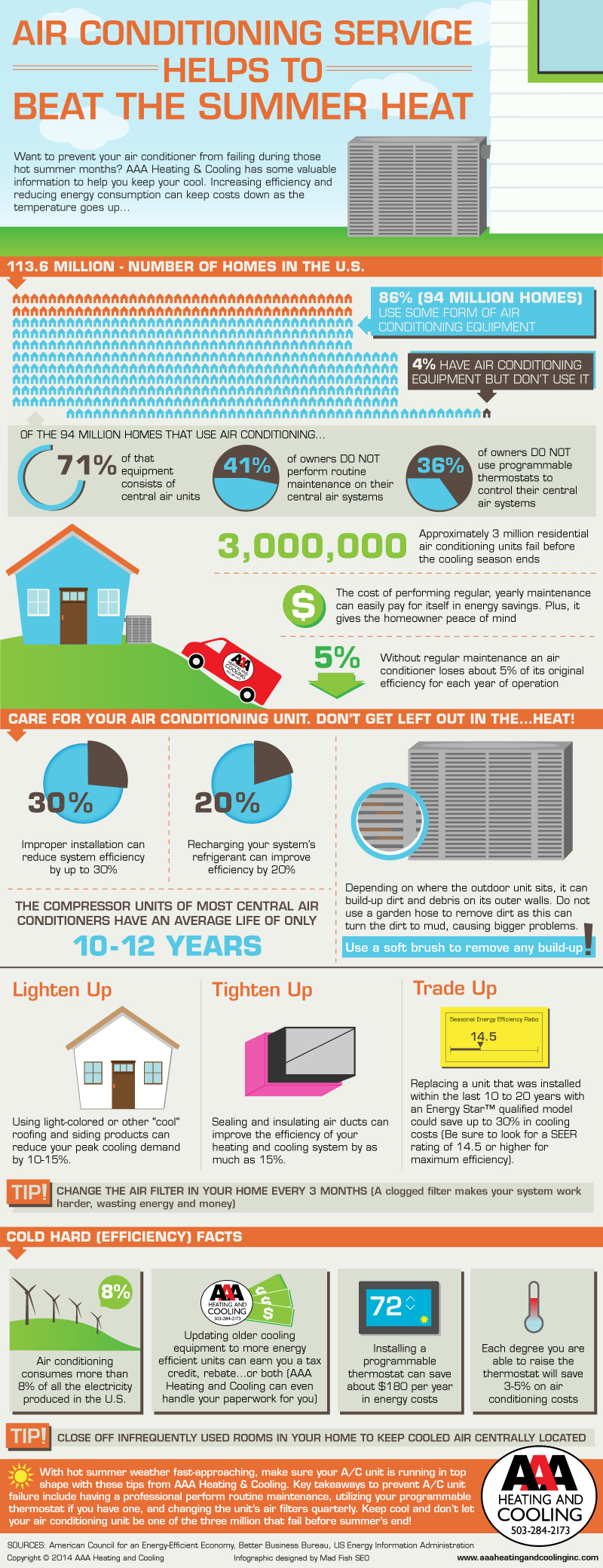The Future Of Home Home Heating - Exactly How Heat Pump Modern Technology Is Progressing
The Future Of Home Home Heating - Exactly How Heat Pump Modern Technology Is Progressing
Blog Article
Written By-Fraser McCormick
Heat pumps will be an essential technology for decarbonising home heating. In a situation constant with federal governments' announced power and environment commitments, their international capability increases by 2030, while their share in heating rises to one-quarter.
They work best in well-insulated homes and rely upon electricity, which can be supplied from a sustainable power grid. Technical innovations are making them more effective, smarter and less expensive.
Gas Cells
Heat pumps use a compressor, refrigerant, coils and followers to move the air and warm in homes and home appliances. They can be powered by solar power or power from the grid. They have actually been gaining appeal due to their low cost, quiet operation and the ability to produce power during peak power demand.
Some companies, like IdaTech and BG MicroGen, are working on gas cells for home heating. These microgenerators can change a gas boiler and produce several of a residence's electric needs with a link to the electricity grid for the remainder.
However there are hvac installations near me to be cynical of using hydrogen for home heating, Rosenow states. It would be pricey and inefficient compared to other technologies, and it would contribute to carbon emissions.
Smart and Connected Technologies
Smart home modern technology allows house owners to link and manage their devices from another location with using smartphone applications. As an example, clever thermostats can discover your home heating preferences and automatically get used to optimize energy usage. Smart lighting systems can be controlled with voice commands and immediately shut off lights when you leave the room, minimizing power waste. And smart plugs can keep track of and handle your electric use, enabling you to identify and limit energy-hungry devices.
The tech-savvy family shown in Carina's meeting is an excellent image of how occupants reconfigure area home heating practices in the light of brand-new clever home technologies. They depend on the tools' automated attributes to carry out daily adjustments and regard them as a convenient ways of conducting their heating methods. Thus, they see no factor to adapt their practices further in order to make it possible for versatility in their home power need, and treatments targeting at doing so may encounter resistance from these households.
Electricity
Considering that warming homes accounts for 13% people exhausts, a button to cleaner choices could make a large distinction. But click for more encounters difficulties: It's costly and calls for substantial home restorations. And it's not always compatible with renewable energy resources, such as solar and wind.
https://augustojdxq.bloggip.com/29354035/exploring-the-ecological-advantages-of-heat-pumps-a-lasting-home-heating-option , electrical heatpump were also pricey to take on gas versions in the majority of markets. But brand-new technologies in layout and materials are making them extra inexpensive. And far better chilly climate efficiency is allowing them to work well also in subzero temperatures.
The following step in decarbonising home heating might be making use of warm networks, which attract warmth from a central source, such as a nearby river or sea inlet, and disperse it to a network of homes or structures. That would minimize carbon discharges and allow houses to take advantage of renewable energy, such as green power from a grid supplied by renewables. This alternative would be much less pricey than switching over to hydrogen, a fossil fuel that needs new framework and would only minimize carbon dioxide emissions by 5 percent if paired with improved home insulation.
Renewable resource
As electrical power prices drop, we're beginning to see the very same fad in home heating that has actually driven electrical vehicles right into the mainstream-- but at an even quicker speed. The solid climate situation for impressive homes has been pushed even more by new research study.
Renewables make up a substantial share of modern heat usage, but have been provided minimal plan focus globally contrasted to other end-use sectors-- and even less focus than power has. Partly, this shows a mix of customer inertia, divided motivations and, in many countries, subsidies for fossil fuels.
New innovations could make the shift less complicated. For instance, heat pumps can be made extra power effective by replacing old R-22 cooling agents with brand-new ones that do not have the high GWPs of their predecessors. Some professionals also visualize area systems that draw heat from a close-by river or sea inlet, like a Norwegian arm. The cozy water can then be made use of for cooling and heating in a community.